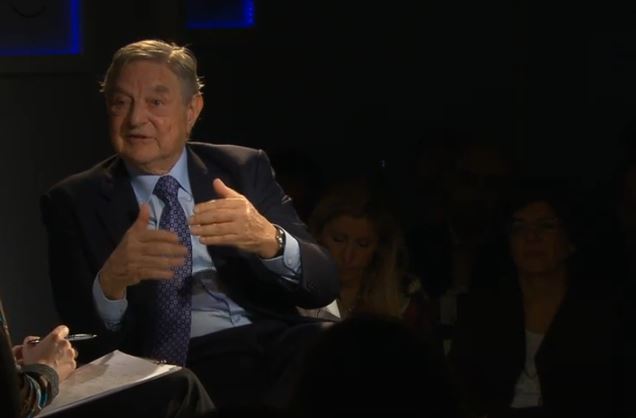
George Soros, the 95-year-old billionaire philanthropist who is currently the subject of numerous lawsuits and investigations spanning from Washington to West Africa, has attracted more attention, controversy, and scrutiny than few other figures in contemporary finance and politics. His legal issues appear to demonstrate how wealth, influence, and ideology are intertwined in today’s changing landscape of accountability and power, despite opponents framing them as a reckoning.
In September 2025, a top U.S. Department of Justice official directed prosecutors to develop investigative strategies targeting the Open Society Foundations, the vast philanthropic organization established by Soros. Insiders say the directive was unusually aggressive and suggested charges that Soros’s team calls “baseless and politically charged,” ranging from material support for terrorism to racketeering.
| Detail | Information |
|---|---|
| Full Name | George Soros (born György Schwartz) |
| Date of Birth | August 12, 1930 |
| Age | 95 |
| Nationality | Hungarian-American |
| Education | London School of Economics (BSc, MSc) |
| Profession | Investor, Philanthropist, Author |
| Organizations Founded | Open Society Foundations, Soros Fund Management, Central European University |
| Net Worth (2025) | Estimated $7.2 billion |
| Known For | Philanthropy, hedge fund management, human rights advocacy |
Previous political storms sparked by former President Donald Trump, who has long accused Soros and his son Alexander of funding “violent protests” and influencing political outcomes, were remarkably similar in timing to this move. The DOJ’s actions appeared to be a sign of approval for Trump’s supporters. They served as a warning to Soros’s supporters that politics was intruding on the legal system.
The Open Society Foundations quickly responded, calling the accusations false and reaffirming that democracy, civil rights, and freedom of speech continue to be at the core of their work. The organization had “faced such tactics before,” according to President Binaifer Nowrojee, and would once more “defend the integrity of its mission.” Her remarks did a remarkable job of refocusing attention from the foundation’s detractors to its charitable objectives.
Meanwhile, in Texas, another investigation began. A probe into Texas Majority PAC, a political action group that receives significant funding from donors with ties to Soros, was announced by Attorney General Ken Paxton. Paxton claimed that Democratic lawmakers were involved in possible bribery and illegal coordination, arguing that the PAC’s actions “subverted voter intent.” His fiery and politically charged rhetoric mirrored a larger conservative narrative that portrayed Soros as a pervasive force in progressive politics.
On the other hand, proponents of Soros contend that these charges disregard decades of lawful charity. He has contributed more than $32 billion to anti-poverty programs, universities, and human rights organizations over the years, influencing the advancement of democracy on several continents. However, when viewed suspiciously, that same generosity has turned him into a symbol of ideological conflict.
Even though Texas’s investigation and the DOJ’s directive make the most news in the United States, Soros’s legal troubles go well beyond the country’s boundaries. Soros is being sued for $10 billion by BSG Resources (BSGR), a mining company owned by Israeli businessman Beny Steinmetz, for allegedly meddling in Guinea’s profitable Simandou iron-ore project. According to BSGR, he used personal animosity to influence Guinean politicians and non-governmental organizations to withdraw their mining rights.
These accusations have been categorically denied by Soros’s aides, who have described them as “frivolous” and “motivated by revenge.” Soros’s longtime spokesperson, Michael Vachon, has called the case “a desperate attempt to rewrite the record” in the wake of BSGR’s own corruption scandals. The conflict, which has been simmering since 2017, highlights the complexity of global influence and how corporate interests, political perception, and philanthropic engagement can all easily and unexpectedly collide.
The turmoil was further exacerbated in September 2025 when the Tides Foundation, an organization funded by the Open Society Fund, was sued by the Black Lives Matter Global Network Foundation (BLMGNF). Tides was charged by the BLM organization with “egregious mismanagement” of more than $33 million in donations, implying that money meant for racial justice projects was misappropriated. Despite not being a defendant himself, Soros is once again at the center of a politically explosive narrative because of his funding connections.
The BLM case, which is set for trial in August 2026, demonstrates how financial transparency is becoming a more important factor in determining the legitimacy of philanthropy. It also demonstrates the remarkably intricate ecosystem of contemporary social activism, whereby the very networks that propel advancement can, when examined closely, expose weaknesses in mistrust and poor management.
Soros’s tenacity has been put to the test in the past. He was found guilty of insider trading in connection with a 1988 transaction involving Société Générale by a French court in 2002. Even though he insisted that his actions were lawful, the conviction stood as a reminder that even the most astute investors can become the subject of controversy. Nevertheless, in spite of obstacles, Soros’s power only grew, especially as a result of his support for democratic institutions in post-communist Europe.
Attacks on Soros have become increasingly coordinated over the last ten years, with far-right media spreading baseless conspiracy theories portraying him as a “puppet master.” Global watchdogs have denounced the trend of antisemitic undertones in many of these narratives. Soros, however, has not backed down. His strategy is still very clear: support free societies, oppose authoritarianism, and make investments in civic resilience where it is most needed.
Even his detractors recognize his longevity as a strategist, despite their strong opposition to his politics. After making $1 billion in 1992 through a well-thought-out short sale of the British pound, Soros became known as “The Man Who Broke the Bank of England.” This action permanently altered currency speculation. When it comes to politics and philanthropy, that same risk-taking instinct has earned him both admiration and scorn.
The current legal drama, which includes the DOJ’s investigations, Paxton’s Texas case, BSGR’s mining lawsuit, and the Tides Foundation dispute, shows how public personalities like Soros function in a field where influence leads to lawsuits nearly as frequently as awe. His organizations have consistently maintained their high level of effectiveness in defending their operations, stressing openness and dismissing any suggestion of misconduct.
These cases also prompt observers to consider more general issues regarding the role of philanthropy in these divisive political times. Is it possible for billionaires to engage in civic reform without facing accusations of manipulation? Is it possible for governments to look into donors without coming across as spiteful? These are not Soros’s only questions; tech philanthropists like Elon Musk, Jeff Bezos, and Bill Gates are also under scrutiny because their public donations now have political repercussions.
When viewed in this light, Soros’s story appears less as a scandal and more as a turning point in society, illustrating the ongoing renegotiating of power, ideology, and responsibility. His supporters want protection, while his detractors want restrictions. There is a debate between those extremes regarding how wealth affects democracy and whether philanthropy is still a means of advancement or a source of criticism.
Soros’s own response is still unwavering. In a recent statement, the Open Society Foundations reaffirmed its mission to promote democracy and justice, saying, “Our work is peaceful and lawful.” The purposefully measured language conveys the organization’s intention to persevere rather than back down.
Although it would be easy to view these lawsuits as turning points in Soros’s later years, they might actually be a continuation of his lifelong trend of challenging authority, igniting controversy, and confronting institutions. His journey, which is still in progress, is strikingly representative of our time: a conflict between those who want to control free speech and those who want to protect it.
Even at 95, Soros continues to be a target of strong criticism and a significant influencer. His legacy, which is characterized by both success and upheaval, is still growing and is posing questions to society’s conception of power as well as the legal system. George Soros, who is once again under legal siege, serves as a reminder that conviction, like capital, can move mountains when used with unwavering purpose, regardless of whether one views him as a controversial provocateur or a visionary reformer.
